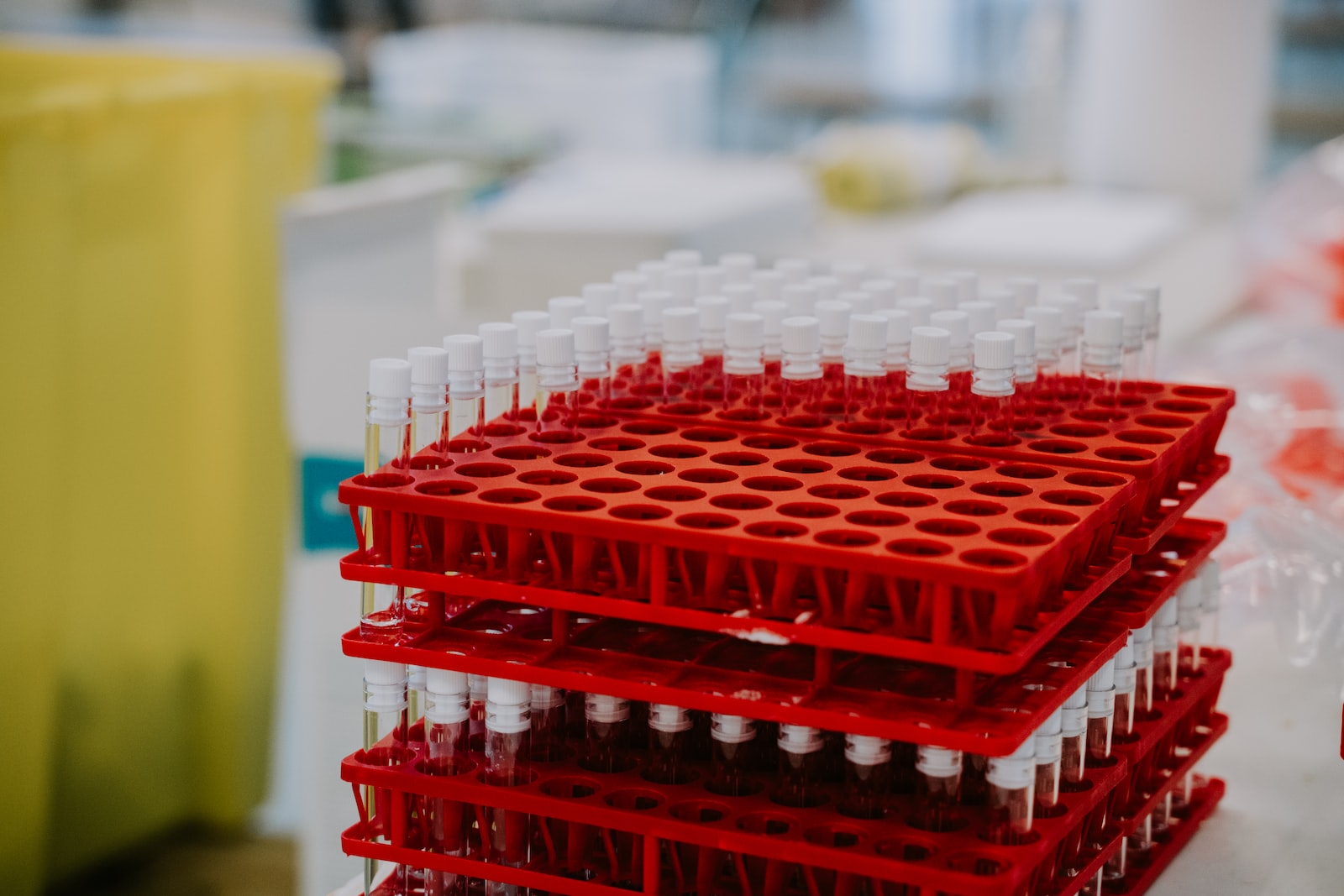
Many diseases can be prevented by immunisation. The list is lengthening each day, but it is surprising how ignorant many people, including the educated, are regarding immunisation. Sometimes the baby is not immunised because of lack of time due to other pressures such as a job, household chores, a wedding, family illness, etc., and at times due to sheer laziness. One fine morning the baby starts coughing and it sounds very much like whooping cough!
There is a great deal of information available now on radio, television, and newspapers and magazines. The immunisation schedule may vary a little, but the aim is to complete the primary immunisation within the first year. Even though the vaccines are rapidly improving, there is some discomfort with the immunisation injections. The baby needs the love of his mother or father when he is being pricked so this responsibility is certainly yours. There may be a little fever and pain for a day or two following the injection, but this varies with each immunisation.
Immunisation Of The Mother
A newborn baby has no protection against tetanus, but if the mother has been protected, then he gets protection through the placenta. A pregnant woman should be given two injections to tetanus toxoid, one month apart, start in at four to five months of pregnancy. The second one should be at least one month before the expected date of deliver.
This ensures adequate protection for the mother and the baby. In a subsequent pregnancy, only one injection of tetanus toxoid is necessary. Indeed, it is advisable that all adolescent girls and adult women should be immunised with two doses of TT, because they might not have been immunised in their childhood.
Measles Vaccine
Although in western countries it is given between 12 and 15 months, in India it is advisable to give it between nine and 12 months, because of the early incidence of measles. Five to six days after the injection, the baby may develop a mild rash and a little fever, which disappears in a day or two. The immunity is considered to be lifelong.
MMR Vaccine
This is a combination of vaccines against measles, mumps and rubella german (german measles) and is not yet available in the government health services, but is available at private clinics. If MMR is given, then a separate measles vaccine is not necessary. Booster doses of several vaccines are necessary for continued protection, as mentioned in the table.
Polio Vaccine
This is given by mouth. The WHO now recommends that the first dose be given as soon after birth as possible. The other three doses can be given at the same time as DPT. Should the baby have diarrhoea the dose should not be delayed, but an extra dose should be given as soon as the baby recovers. Some authorities advise five doses instead of the above four, and you should follow your doctor’s advice. There is no need to avoid breast feeding for sometime after the polio vaccine dose. The baby can be fed as usual.





